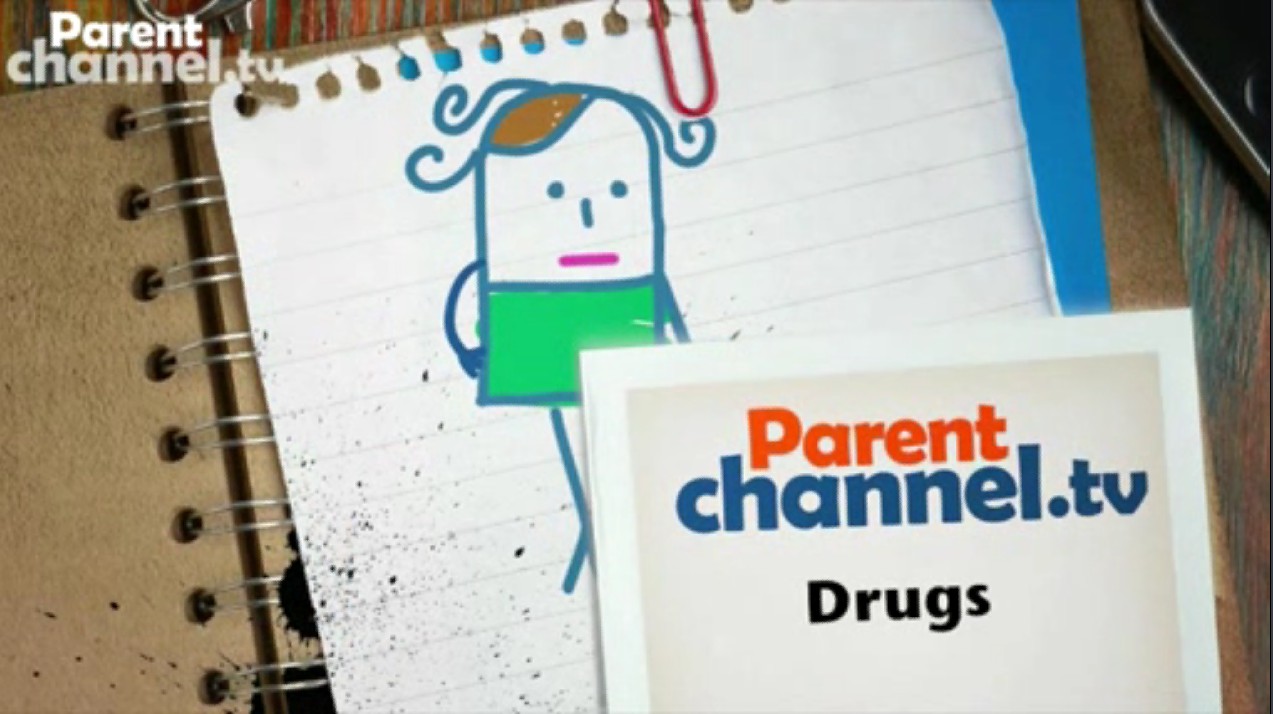 Go to main content
Go to main content
Archive Website of the UK government
Please note that this website has a UK government accesskeys system.
Main menu
Page menu
Parents

Helping your child avoid the dangers of drugs
Find out how to educate your child about the dangers of drugs and to recognise the signs that they may be using them. You should also know where you can go for help and information, and what to do in an emergency.
Can't see the video?

To play this video you need Adobe Flash Player version 9 or higher on your computer and have JavaScript enabled on your browser. Our Help with video files page gives advice if you are unsure how to do this. The Flash software is free.
Talking to your child about the dangers of drugs
It’s never too early to educate your child about the dangers of drugs. You should encourage discussion about them and make sure your child knows to tell you if they’re ever offered anything.
Signs that your child may be using drugs
Possible signs of drug use can include changes in your child’s:
- appearance
- choice of friends
- interests
- eating and sleeping habits
- mood
- openness with you
However, all these can be a natural part of growing up and a young person who is not using drugs could show the same changes. If you have suspicions, speak to your child but don’t jump to any conclusions.
What to do if your child is taking drugs
If you do find out your child is taking drugs, your natural reaction may be to panic. However, it’s important you stay calm, talk to them and reassure them. You should:
- let them explain in their own words what they've done
- avoid asking them why they've taken drugs as it will make them defensive
- not get hung up on blame
- let them know exactly how you feel about the situation
If your child does have a drug problem it’s important for them to know that you will be there for them. This could be in the form of answering simple questions or helping them through the difficult process of kicking the habit. Let them know you trust them, but at the same time feel free to show disappointment if this trust is broken. More information and advice is available from Talk to FRANK.
Talk to FRANK
Talk to FRANK is the national drugs helpline offering free, confidential information and advice 24 hours a day, seven days a week. You can call FRANK on 0800 77 66 00 or text a question on 82111. The cost of sending a text to FRANK is the same as a standard text message, which will depend on your network tariff. Information and advice is also available via the website.
Getting help from local services and your child’s school
Your GP can refer you to local drugs counselling agencies. Your child’s school should have a policy on drug education and managing drug-related incidents. The Community Liaison Department of your local police force will be able to answer your questions about the local drug scene and the law.
What to do in case of an emergency
If you find your child is having a bad reaction to something they’ve taken, there are things you can do to help. You should always try to calm them and be reassuring.
Drugs can be loosely put into two groups – 'stimulants' and 'depressants'.
If your child has taken a 'stimulant'
If your child has taken amphetamines (speed), cocaine, cannabis, ecstasy, LSD (acid) or magic mushrooms, they might feel tense and panicky. If this happens you should:
- calm them down and be reassuring - try not to let them see if you feel scared or worried
- explain that the feelings will pass
- encourage them to settle in a quiet, dimly lit room
- tell them to take long, slow breaths if they start breathing very quickly
If your child has taken a 'depressant'
If your child has taken heroin or tranquillisers, or misused gases, glues or aerosols, they might start to feel very drowsy. If this happens you should:
- try not to frighten or startle them, or let them exert themselves
- never give them coffee or other caffeine-based products to wake them up
- lie them on their side in the recovery position if the symptoms persist, so their tongue can't fall back and prevent breathing
- call an ambulance if they don't start to become more alert
More useful links
Useful contacts
In this section...
- Children and alcohol
- Keeping your child safe from abuse
- Talking to your child about sex and teenage pregnancy
- Bullying: getting support
- Dealing with bullying
- Keeping young children and teens safe while out and about
- Keeping children safe: your right to ask for a police check
- Protecting older children who are leaving home
 Facebook
Facebook Twitter
Twitter StumbleUpon
StumbleUpon Delicious
Delicious Reddit
Reddit